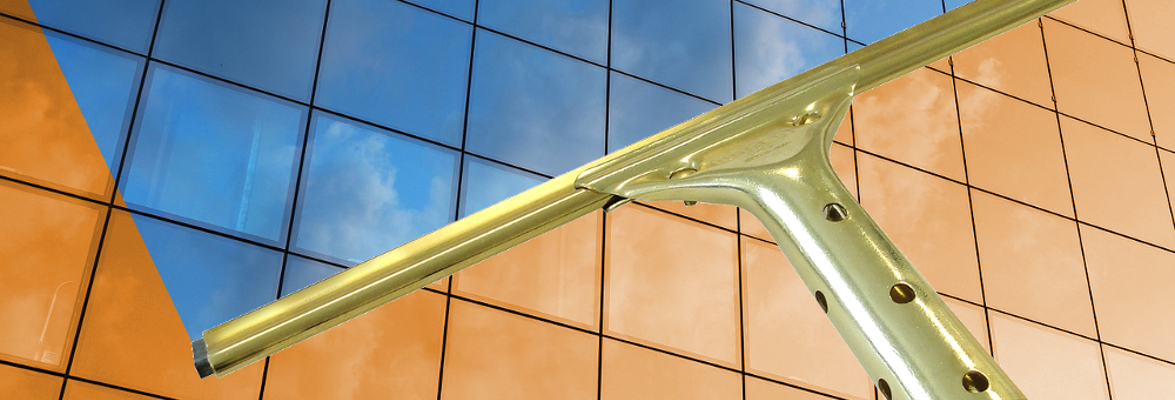
If you are new to a pure water system, we want you to know how it works and what will be the right type of system for your business. Before you pick a system, you will want to consider the area you are cleaning windows in. You measure the amount of impurities in the water with a TDS level or Total Dissolved Solids that are present in the water. The TDS level will ultimately determine how much the water needs to be filtered in order to use the water for cleaning windows. Many areas of Michigan, for example, have very low TDS (around 125 parts per million) and many of our window cleaners can therefore get away with a smaller, simpler system.
To have water pure enough to clean windows without leaving behind water stains, the exported water needs to be below 10 PPM. It will help to check the water before using it to clean windows. If the number is higher, it may be a sign your filters need to be replaced.
What kind of system do you need? Use a TDS meter on the tap water to find out.
- TDS of 150 PPM or less = DI resin only
- TDS of more than 150 PPM = multi-stage system (Carbon filter –> RO filter –> DI Resin)
DI RESIN ONLY: What is DI resin and what does it do?
The simplest Pure Water filtering system consists of just a DI resin canister/tank that water is run through from the tap to the tank to the waterpole. This single stage filtering system can make Pure Water from most tap water. When working with tap water of a TDS of more than 100, this system can become very costly and less time-efficient. The DI resin will be used up much more quickly and will need to be replaced frequently. Because of this, you will want to make sure you know the TDS levels in the areas you typically work in.
To lengthen the life of the DI resin, the addition of RO filters and carbon filters can aid the process.
MULTI-STAGE SYSTEM: What are all these filters and what do they do?
- Carbon Filter: In a multi-stage system, the carbon filter comes first. The filter consists of charged carbon and absorbs impurities to help the other filters do their job. Think of this as a large sieve that captures larger particles. Then the water passes through the next stage.
- RO Filter: This is the second stage of a multi-stage system. The reverse osmosis filter uses a semipermeable membrane to further purify the water. It traps a large concentration of impurities.
- DI Resin: The final stage in a multi-stage system, the Deionization or Ion-exchange Resin consists of charged resin beads that “polish” the water and complete the process of making it into Pure Water. With a multi-stage system, about 80-90% of the impurities have been removed before they reach the DI resin.
Starting to work with pure water systems takes an investment but will save you time and money in the long run. Our team at Detroit Sponge wants to help you set up your business with the right tools in order to be successful. Shop pure water systems and other top window cleaning tools on our website or give us a call.

